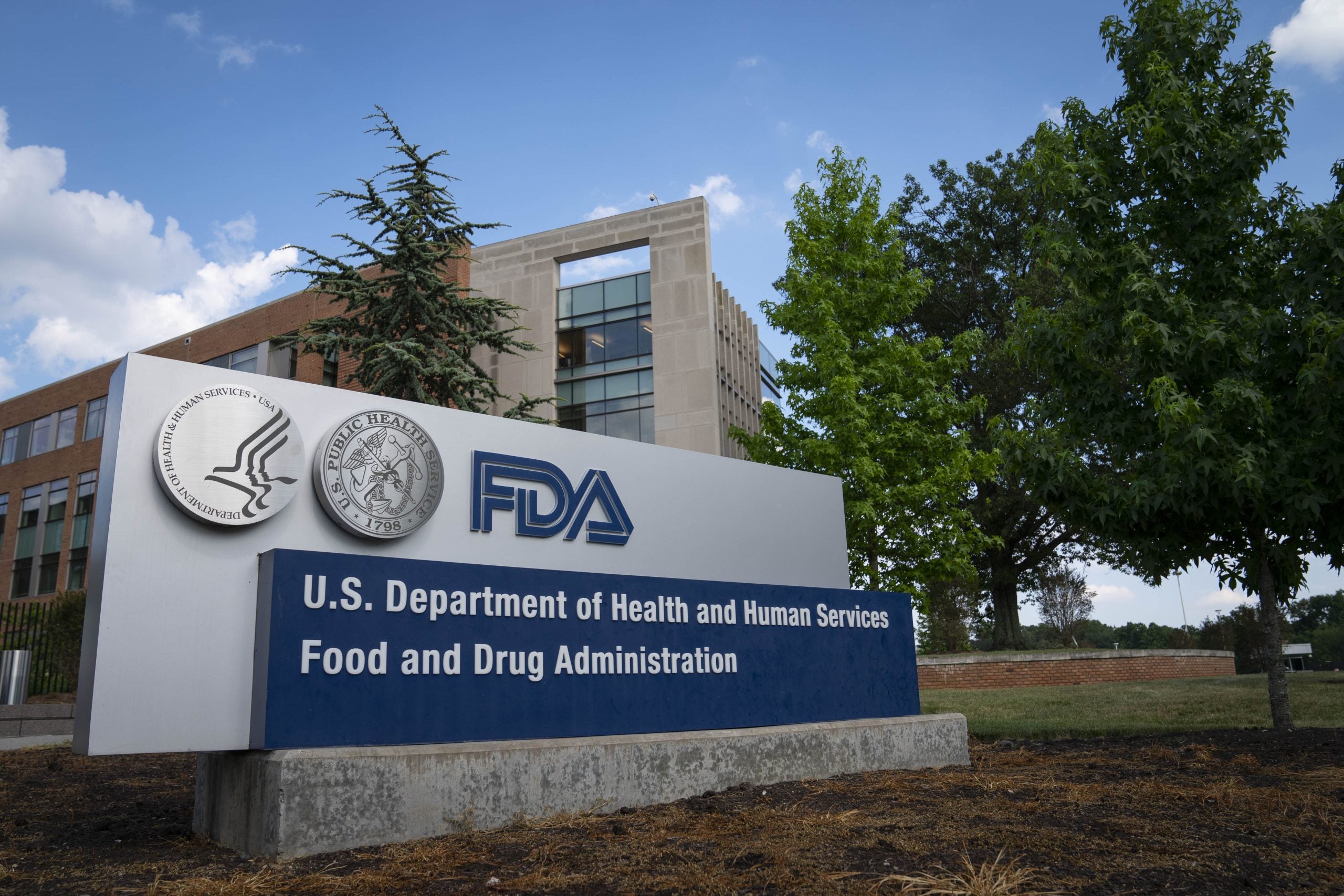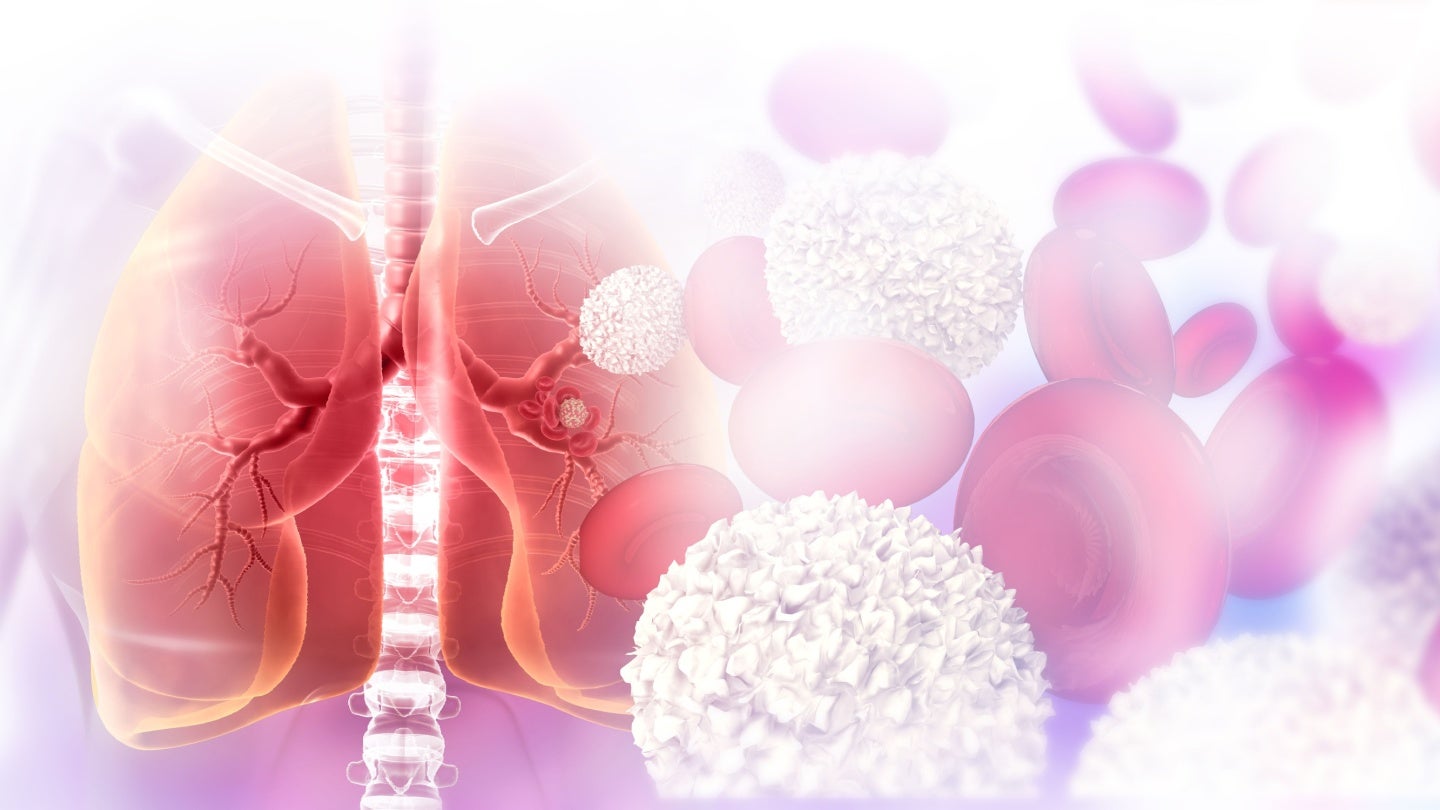Gut Microbiota’s Role in Immune Side Effects
Immune checkpoint inhibitors (ICIs) have rapidly transformed the landscape of oncology by harnessing the body’s immune system to combat malignancies. These therapies, targeting molecules such as PD-1, PD-L1, and CTLA-4, have ushered in an era where sustained tumor remission is increasingly attainable across a diverse range of cancers, from melanoma to lung and bladder cancer. […]


Immune checkpoint inhibitors (ICIs) have rapidly transformed the landscape of oncology by harnessing the body’s immune system to combat malignancies. These therapies, targeting molecules such as PD-1, PD-L1, and CTLA-4, have ushered in an era where sustained tumor remission is increasingly attainable across a diverse range of cancers, from melanoma to lung and bladder cancer. Despite their revolutionary impact, ICIs are far from a panacea, presenting a vexing paradox: while unleashing potent anti-tumor immunity, they simultaneously provoke immune-related adverse events (irAEs). These irAEs, which can affect virtually any organ system, compromise patient safety and therapeutic efficacy, posing significant clinical hurdles.
Among the factors influencing both the efficacy and toxicity of ICIs, the gut microbiota stands out as a fascinating and complex player. The gut microbiome—a dynamic consortium of trillions of microorganisms inhabiting the human gastrointestinal tract—functions as a critical regulator of immune homeostasis. Emerging research has intricately linked the composition and metabolic activity of gut microbial communities to the modulation of systemic and tumor immune responses triggered by ICIs. Intriguingly, alterations in gut microbiota have been correlated not only with therapeutic benefit but also with the propensity to develop irAEs, especially the notoriously challenging immune-mediated colitis.
The pathogenesis of ICI-induced colitis remains incompletely elucidated, but clues increasingly point toward the gut microbiota as a central orchestrator. Under normal circumstances, gut microbes maintain a symbiotic relationship with the host immune system, promoting mucosal tolerance and limiting excessive inflammation. However, dysbiosis—a disruption of microbial balance characterized by loss of beneficial taxa and expansion of pro-inflammatory bacteria—may tip this equilibrium, predisposing individuals to unchecked gastrointestinal inflammation upon immune stimulation by ICIs. This perturbation can exacerbate epithelial barrier dysfunction, amplify local cytokine production, and promote infiltration of autoreactive T cells, collectively driving colitis pathophysiology.
.adsslot_yxCIA4XHPR{width:728px !important;height:90px !important;}
@media(max-width:1199px){ .adsslot_yxCIA4XHPR{width:468px !important;height:60px !important;}
}
@media(max-width:767px){ .adsslot_yxCIA4XHPR{width:320px !important;height:50px !important;}
}
ADVERTISEMENT
Beyond colitis, other irAEs, though less well characterized, also display emerging microbiota associations. For instance, alterations in gut microbial diversity and metabolite profiles may influence the risk of pneumonitis, dermatitis, and endocrinopathies seen during ICI therapy. The shared thread across these disparate toxicities appears to be a disrupted immunological landscape that involves microbial modulation of innate and adaptive immune circuits at multiple biological checkpoints. The gut microbiota produces a repertoire of metabolites, such as short-chain fatty acids, bile acids, and tryptophan derivatives, which can shape immune responses far beyond the gut, thereby influencing systemic toxicities.
Mechanistically, microbial components and metabolites interact with pattern recognition receptors such as Toll-like receptors on immune cells, shaping the balance between pro-inflammatory Th17 and regulatory T cell (Treg) populations. This balance is crucial for tolerance to self and commensal antigens but becomes dysregulated in irAEs. For example, enriched populations of Bacteroidetes correlate with protection against colitis via induction of Tregs, whereas an abundance of Firmicutes and Proteobacteria may promote inflammation and tissue damage. These microbial signatures have been mapped in both preclinical models and patient cohorts, providing compelling evidence for microbiota-driven modulation of immune toxicity.
Clinically, the discovery of these microbiota-irAE links opens an intriguing avenue for predictive biomarker development. Identifying microbial signatures that forecast the likelihood of severe irAEs could revolutionize patient stratification and personalized immunotherapy regimens. Such biomarkers would guide pre-treatment screening and enable proactive measures to mitigate toxicity without compromising anti-tumor efficacy. Current research is leveraging next-generation sequencing and metabolomic profiling technologies to decode these microbial fingerprints with high resolution and reproducibility.
Therapeutic modulation of the gut microbiota to manage or prevent irAEs represents a nascent but promising frontier. Among emerging strategies, fecal microbiota transplantation (FMT) has attracted significant attention due to its capacity to restore microbial diversity and immune homeostasis. Small clinical trials have demonstrated the potential of FMT to reverse refractory ICI-induced colitis, offering a beacon of hope for patients who fail standard immunosuppressive therapy. Yet, challenges persist in optimizing donor selection, timing, and delivery methods to maximize benefits and minimize risks.
Parallel to FMT, adjunctive approaches involving probiotics, prebiotics, and postbiotics offer less invasive avenues to remodel the gut ecosystem. Probiotics—live beneficial bacteria—and prebiotics—dietary fibers that nourish favorable microbes—can synergistically enhance microbial resilience and fortify the intestinal barrier. Postbiotics, defined as microbial metabolites or components with immunomodulatory properties, are an exciting new class with potential to selectively manipulate host immunity. These interventions may be tailored to individual microbial profiles, ushering in a precision microbiome-medicine paradigm.
Dietary modulation, an accessible and scalable intervention, also holds promise in shaping the gut microbiota landscape during ICI therapy. Diets rich in fiber and fermented foods encourage colonization by anti-inflammatory bacteria and augment production of protective short-chain fatty acids. Conversely, westernized diets high in fats and simple sugars have been implicated in promoting dysbiosis and systemic inflammation. Harnessing dietary counseling as an adjunct to immunotherapy could thus optimize outcomes and curtail irAEs via gut microbial pathways.
Despite these advances, considerable gaps remain in our understanding of the delicate and bidirectional relationship between gut microbes and host immunity in the context of ICI treatment. Longitudinal studies integrating multi-omics analyses—spanning metagenomics, metabolomics, and immunoprofiling—are critical to unravel the temporal dynamics and mechanistic underpinnings of microbiota-driven irAEs. Sophisticated animal models that recapitulate human immune-microbiota interplay are equally indispensable for preclinical validation of microbiota-targeted therapies.
Moreover, the heterogeneity of irAEs across different organ systems, tumor types, and patient-specific microbiomes necessitates nuanced therapeutic frameworks. Integrative clinical trials that incorporate microbiota modulation alongside established irAE management strategies will be pivotal in delineating best practices. Such studies should also investigate potential interactions between antibiotics, commonly administered in oncology patients, and microbial interventions, given their profound impact on gut flora and immune responses.
In summary, the gut microbiota emerges not just as a passive bystander but as an active determinant of both the benefits and risks of immune checkpoint blockade. Elucidating the complex microbial-host crosstalk promises to refine cancer immunotherapy by enhancing efficacy while mitigating toxicity. As our molecular understanding deepens, the integration of microbial biomarkers and microbiota-directed therapeutics stands to transform clinical paradigms, ultimately personalizing and improving patient care in oncology.
The convergence of oncology, immunology, and microbiology heralds a new epoch in the fight against cancer. Immune checkpoint inhibitors, though revolutionary, come with a biological cost that challenges their full potential. The gut microbiome offers a tantalizing key to unlocking safer and more effective immunotherapies, signaling a shift from one-size-fits-all approaches towards precision, microbiome-informed oncology. Continued interdisciplinary research and clinical innovation in this arena hold profound implications—not only for cancer patients today but for the future of medicine.
Subject of Research:
Immune-related adverse events caused by immune checkpoint inhibitors and the role of gut microbiota in their pathogenesis and management.
Article Title:
Roles of the gut microbiota in immune-related adverse events: mechanisms and therapeutic intervention.
Article References:
Gao, YQ., Tan, YJ. & Fang, JY. Roles of the gut microbiota in immune-related adverse events: mechanisms and therapeutic intervention. Nat Rev Clin Oncol (2025). https://doi.org/10.1038/s41571-025-01026-w
Image Credits: AI Generated
DOI: 10.1038/s41571-025-01026-w
Keywords:
Immune checkpoint inhibitors, immune-related adverse events, gut microbiota, microbiome, ICI-induced colitis, fecal microbiota transplantation, probiotics, immunotherapy toxicity, microbiome biomarkers, cancer immunotherapy
Tags: cancer immunotherapy and microbiome interactiongut health in oncology patientsgut microbiome and cancer treatmentgut microbiota and immune responseICI-induced colitis mechanismsimmune checkpoint inhibitors side effectsimmune checkpoints and gastrointestinal healthimmune system and gut healthimmune-related adverse events in cancer therapymicrobial diversity and immune responsemicrobiome modulation of immune therapytherapeutic benefits of gut microbiota
What's Your Reaction?


































